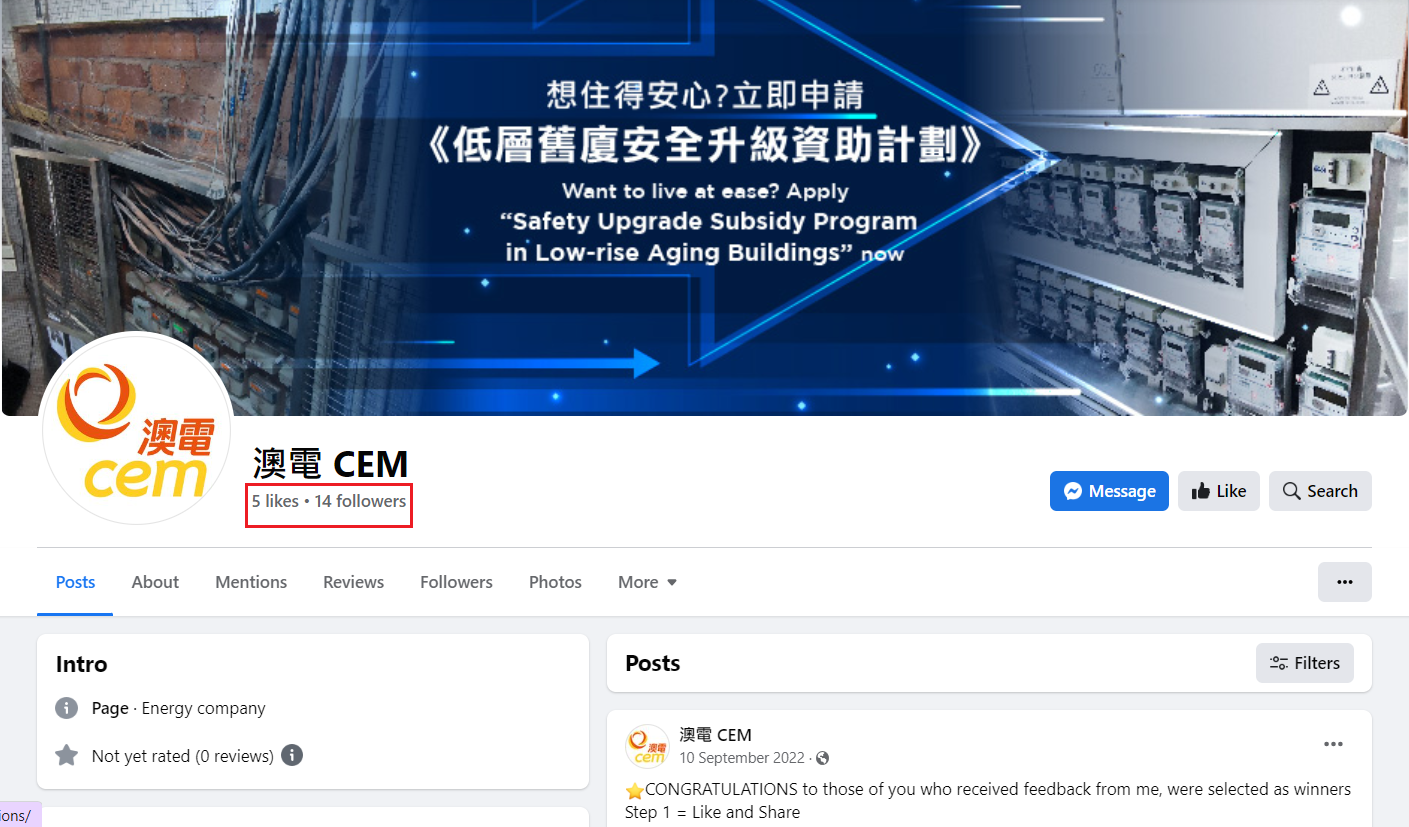
Always Stay Vigilant against Phishing Messages
To help customers identify and stay alert to phishing messages, fraudulent phone calls, and other scams, CEM provides the following recommendations on how to handle suspicious emails, calls, or other messages to avoid financial losses.
1.What is Phishing?
Phishing refers to the fraudulent practice of inducing individuals into providing personal information or implanting viruses through platforms such as emails, phone calls, social media, and SMS. The purpose of the fraudsters is to collect sensitive personal data, including ID numbers, credit card numbers, and passwords, etc.
2.Common fraudulent tactics
- Phishing emails, SMS, and other messages that appear to be sent by legitimate companies, such as CEM.
- Messages containing malicious website links, attachments, or QR codes that lead recipients to fraudulent websites. Malware is then implanted on the victim’s computer or phone to steal personal information.
- Disguising as CEM service staff to make phone calls or leave voice messages.
- Requests for the input of personal and/or credit card information under the guise of winning a lucky draw or receiving a prize.
- Fraudulent websites or counterfeit social media pages.
Below are the example screenshots of a reported counterfeit social media page. Customers are advised to be vigilant and stay alert to deception:
Screenshot of fraudulent CEM Facebook page | Remarks |
 |
|
3.How do I know if the message is sent by CEM?
All messages sent by CEM use the CEM domain cem-macau.com or cem.mo:
- Email: customer.centre@cem-macau.com; info@cem-macau.com
- eService: https://e-service.cem-macau.com/
- Website: https://www.cem-macau.com
- SMS: 853660128339933 or 853660163050000
Fraudsters will attempt to mimic CEM’s emails and SMS to deceive the recipients into providing personal information and passwords. CEM will never, under any circumstances, ask customers for any sensitive personal information by phone or emails, including the disclosure of passwords, credit card details or card verification value (CVV) for identity verification or account unlocking.
4.What should I do if I receive a suspicious email, call or message?
Please take the following measures:
- If you receive a suspicious call, stay calm and hang up immediately.
- Do not click on any link or download any attachments in SMS or email.
- Check whether the hyperlinked page uses CEM’s official domain name, i.e. cem-macau.com or cem.mo.
- Delete suspicious SMS or email immediately.
If in doubt, please call the Info Line 2833 9911 or send an email to customer.centre@cem-macau.com, or visit CEM’s Customer Service Centre in person and provide the calling number, sender’s email address, content or screenshot of the suspicious SMS or email for verification.
5.What should I do if I might have fallen victim to a scam?
If you suspect that you have been defrauded, please seek assistance from the police as soon as possible.
- If you suspect that you have received fraudulent calls or if you believe crime is taking place, you can call the Judiciary Police’s 24-hour anti-fraud enquiry hotline 8800 7777.
- To report a crime, please call the Judiciary Police’s Report Hotline 993.
- For details, please visit the Judiciary Police’s website.
 Login
Login